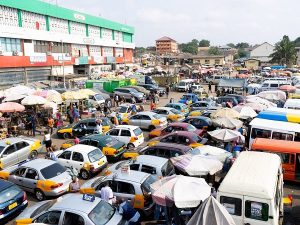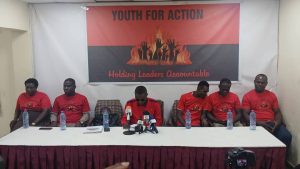The UN stabilization mission in Mali, known as MINUSMA, announced Monday (Oct. 16) that their pullout has started from two camps in the tense Kidal region.
The peacekeeping mission kicked off its withdrawal from Mali’s northern region with the Tessalit and Aguelhok camps.
Anticipating the UN disengagement, the Malian army landed two aircraft at one of the camps at Tessalit.
The army said the aircraft came under fire from rebels during the landing.
It was posted on social media that a single plane came under fire but managed to land and leave without too much difficulty after enemy positions were “neutralized” by the air force.
The UN peacekeepers cited the shooting as illustrating “the rapid deterioration in security conditions for the lives of hundreds of” its soldiers.
The MINUSMA has transferred four camps to Malian authorities since August. However, it is the withdrawal from camps in the region of Kidal and in the eponymous city, which is the fief of separatist fighters, that could be the most sensitive.
Northern Mali is the theater of fighting between the Malian authorities, an alliance of groups seeking independence known as the CMA and the Al-Qaeda-linked group GSIM.
The UN withdrawal from northern Mali is supposed to end by December 31, after 10 years of presence. Camp departures have, however, exacerbated rivalries between armed actors in the region.
Meanwhile, supporters of a leading Malian religious and political figure, Imam Mahmoud Dicko, announced in a press release issued on Tuesday that they were postponing a planned march in Mali’s capital to demand the return of civilian rule.
The CMAS had called for a peaceful march on October 13 in the streets of Bamako to demand the return of civilians to power after the recent postponement of elections by the military, arguing through the voice of Mr. Daba Diawara that “the reasons for which the Malian people went out to fight the regime of Ibrahim Boubacar Keïta could not be achieved”.
The ruling military had pledged under international pressure to hand over power after elections scheduled for February 2024 but announced a “slight” postponement citing “technical” factors, while hostilities have resumed with separatist groups in the north and jihadists are stepping up their attacks across a vast swathe of territory.









